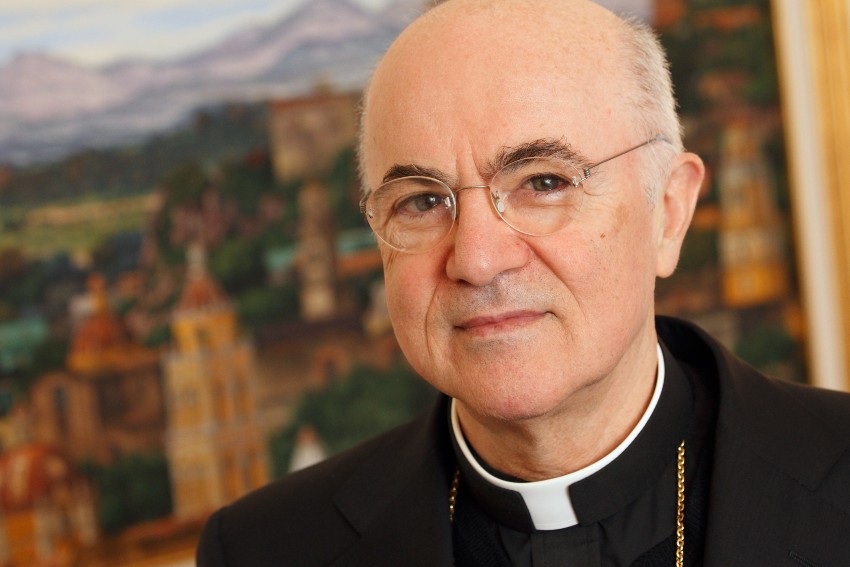Back in Rome
I am in Rome again after an extraordinary week in Budapest.
I am still digesting what I saw and heard, and will be writing an extended report in coming weeks, which will also focus of the mind, spirit and vision of one of the most remarkable prelates in the Church today, Cardinal Peter Erdo, Primate of Hungary.
Erdo, born in 1952 — on June 25 (he just turned 59) — received me graciously. I stayed in the archepiscopal residence in Buda, overlooking the Danube and the city of Pest on the other side of the river. I was able to talk to the cardinal for many hours, and with him to visit the tombs of Cardinal Joseph Mindszenty and other leaders of the Church in Hungary over the centuries, in the crypt of the basilica of Esztergom.
But most of all, I was able to listen to Erdo’s vision for the renewal of the faith in the years ahead, a compelling vision, based on a deeply Christo-centric spirituality but also on a very clear-minded realism about fallen human nature and the flawed economic and political structures which render human life, especially modern human life, often so wearisome and oppressive.
Erdo was trained in schools of the Scolopi fathers in communist-ruled Hungary, so it was a very traditional formation, including an emphasis on pefect mastery of the Latin language.
When he was four years old, his parents’ home was destroyed by Soviet tanks during the Hungarian revolt of 1956. His father’s library was destroyed, and Erdo, in a sense, has spent his life reconstructing that lost library; he is a bibliophile, a collector of rare and precious books, especially from the early decades of printing, the late 1400s (books printed prior to 1501 are called incunabula) and the 1500s. Two precious volumes were delivered to the house while I visited, and he turned the pages with care and wonder, explaining to me where the book had been printed, by whom, in what quantity, and where other copies could be found. He is, in short, a man of enormous, I would almsot say astonishing, culture.
He is also a man with a profound legal mind. An expert in canon law, and in the history of law in general, he spoke more elequently to me of the relation between law and grace than anyone I have ever spoken to. He believes in law, and in grace, and in this “double helix” he finds the genetic code able to define an ordered, just, peaceful and prosperous human society, if human beings will submit sufficiently to the mutually reinforcing claims of law and grace.
I have to rush off to a lunch with a monsignor, and so I will postpone writing more on these matters for a time. I would be interested to receive emails from anyone who thinks they might be interested in buying a book written by me based on the matters touched on so briefly in this and other recent emails, which I might produce during what remains of the summer; it would be sufficient to send a brief “yes,” which would be sufficient to give me an indication of the level of interest.






Facebook Comments